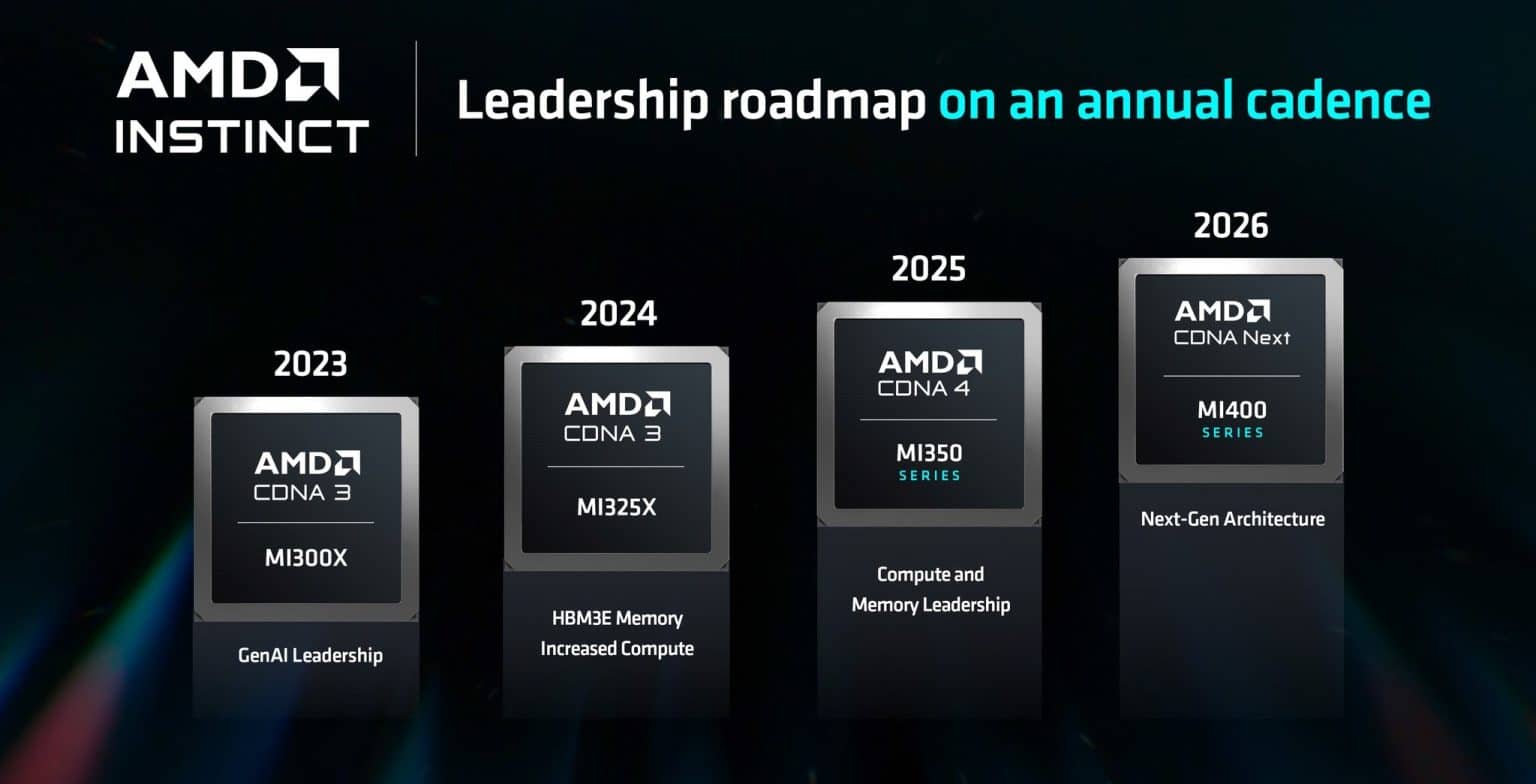Advanced Micro Devices (AMD) introduced its newest artificial intelligence processors on Monday, showcasing its strategic plan to expand in the AI chip market over the next two years, aiming to compete with industry giant Nvidia.
During the Computex technology trade show in Taipei, AMD’s CEO Lisa Su announced the MI325X accelerator, scheduled for release in late 2024. This move underscores AMD’s efforts to tap into the burgeoning demand for sophisticated chips essential for AI data centres that power generative AI applications.
AMD, striving to rival Nvidia’s dominant position in the AI semiconductor market, announced an annual release cycle for its AI products, echoing Nvidia’s recent strategy to update its offerings every year. “AI is our top priority, and we are channelling all our development efforts to meet this goal,” Su explained, emphasizing the necessity of continual innovation in response to market demands.
The company also previewed the MI350 series, set for a 2025 launch. This series promises a performance 35 times greater than its current MI300 series in AI inference tasks. Looking further ahead, AMD plans to introduce the MI400 series in 2026, based on a new architecture dubbed “Next.”
Meanwhile, Nvidia’s CEO Jensen Huang detailed plans on Sunday for a comprehensive AI chip platform called Rubin, which is also expected in 2026 and will integrate GPUs, CPUs, and networking chips.
As investors continue to funnel billions into the genAI sector, they are keen on updates from chip manufacturers like AMD to gauge the sustainability of the AI market boom. Despite a stagnant Monday with shares remaining flat, AMD’s market value has more than doubled since early 2023, although it still trails behind Nvidia’s significant growth.
Bob O’Donnell of Technalysis Research commented on AMD’s aggressive strategy: “While it remains to be seen how this will pan out, AMD’s direct challenge to Nvidia is a welcome development for companies seeking alternatives.”
At Computex, AMD also hinted at the release of its latest central processor units in the second half of 2024 and discussed its new neural processing units (NPUs) to enhance AI capabilities on devices. This comes as the PC market seeks revival through advanced AI functionalities after a prolonged downturn.






